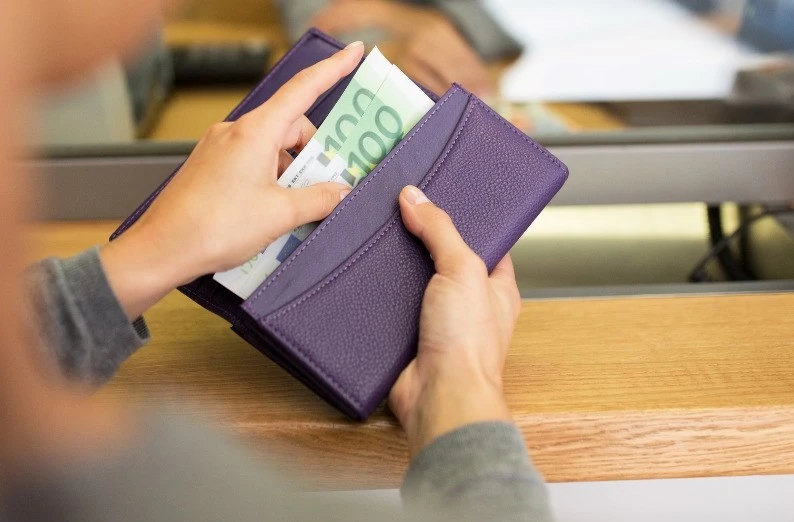Market leader Porsche subsidiary introduces the euro in Hungary

More and more signs make it clear that spontaneous euroisation began in Hungary because of the volatile forint. But a German carmaker made that official. The price of some of its new car types is only in euros. Of course, customers have to pay in forint. But it is easier to “freeze” the price in a less volatile currency than regularly changing it.
As we wrote in THIS article, more and more Hungarians are keeping their savings in foreign currencies, mostly in the EU’s official currency. That is because of the volatile exchange rate of the forint. As we wrote earlier today, the Hungarian national currency did not need much to lose some of its value. A clash between the finance minister and the national bank governor was enough for it to leave the 380-385 level and approach the 390/EUR psychological barrier.
Therefore, it is not surprising that not only people but also companies believe that keeping money in forint or sharing the price of valuable cars in forint is no longer reasonable.
Portfolio, a Hungarian economic news outlet, said Porsche Hungária no longer prices its new cars in forint. You may see forint prices only when buying an Audi or a Volkswagen commercial vehicle. If you opt for a new Volkswagen or Skoda, the price will be in euros. Of course, you will pay in forint, but the vendor will use the daily exchange rate to do the maths.
Read also:
Porsche says it was an economic decision
Porsche Hungária told Portfolio that they turned to euro-based pricing last December. The change concerns new Volkswagen, Skoda, Seat and Cupra cars. Audi and Volkswagen commercial vehicles’ pricing remained in forint. “That was an economic decision on our part”, the company highlighted.
The car’s price is fixed in euro, but the customers pay in forint, they highlighted. When they order the car, the price written in the contract is in euros. And that remains unaffected by the exchange rate changes until they get their new vehicle.
Viktor Zsiday, the portfolio manager of Citadella Fund, said that when different players of the Hungarian economy start to price in euro, that trend weakens the effect of the country’s economic policy. The more common a foreign currency becomes somewhere, the less influence the national bank can have on the economy. Spontaneous euroisation happens because the Hungarian economic policy makers abused their tools and intentionally weakened the forint.
Source:





